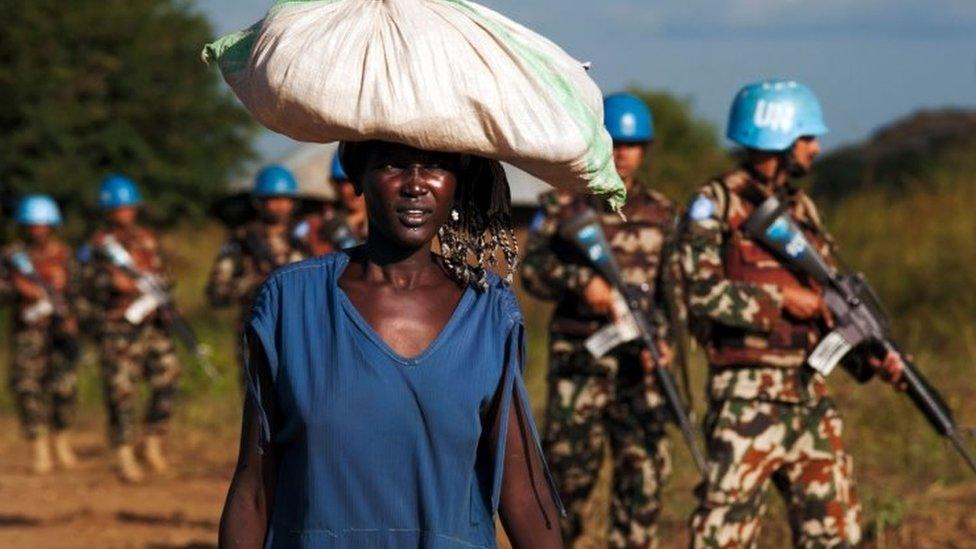
South Sudan’s government has rejected a damning UN report that accuses political leaders of looting billions in state resources and worsening the country’s humanitarian crisis.
The report by the UN Commission on Human Rights in South Sudan, “Plundering a Nation,” claims that both oil and non-oil revenues have been systematically diverted through unaccountable schemes since the country gained independence in 2011.
It estimates that over $25.2 billion in oil income has been mismanaged, leaving millions without access to essential services. The report also alleges that $1.7 billion was allocated to road construction firms linked to Vice President Benjamin Bol Mel between 2021 and 2024, with projects never completed.
In response, Information Minister Michael Makuei Lueth dismissed the findings, stating:
“These are people who usually write from their hotel rooms without consulting the government. We have not even officially received the report.”
Justice Minister Joseph Geng also defended the government in a written reply to the UN, arguing that South Sudan’s economic challenges stem from conflict, climate change, oil production disruptions and flooding — not corruption alone. He added that the UN report ignored the government’s ongoing efforts to improve citizens’ welfare despite frequent armed clashes and insecurity.
The commission’s report comes at a politically tense time, with the peace agreement of 2018 under strain following charges against First Vice President Riek Machar, who has been detained since March 2025. Meanwhile, new political appointments, including President Salva Kiir’s daughter and Vice President Bol Mel’s wife, have raised further concerns about nepotism.
Despite government denials, the UN has issued 54 recommendations urging Juba to combat corruption, strengthen accountability, and ensure national budgets prioritize citizens’ basic needs.




